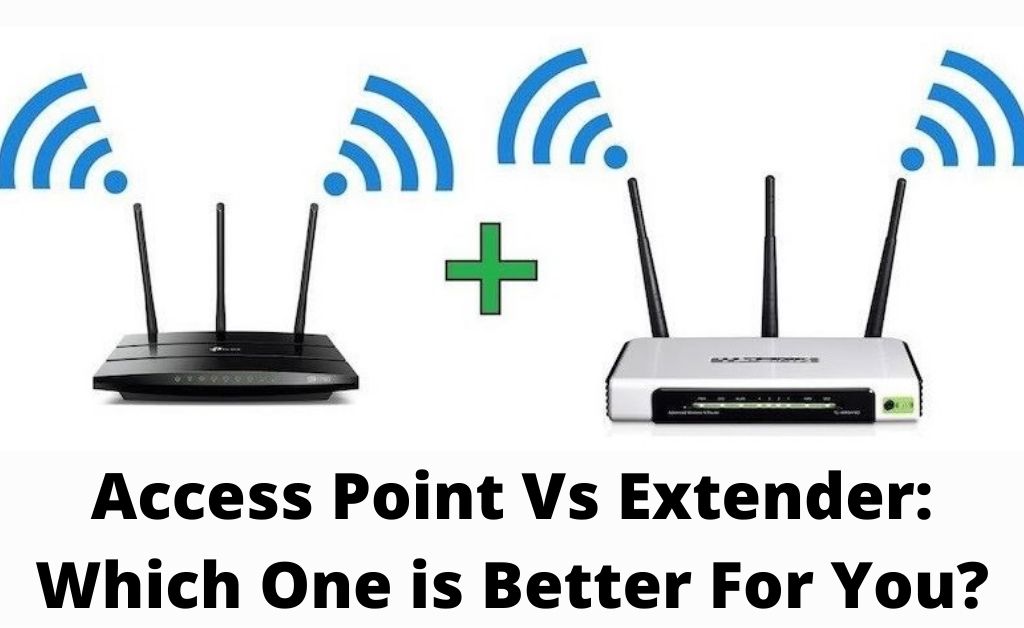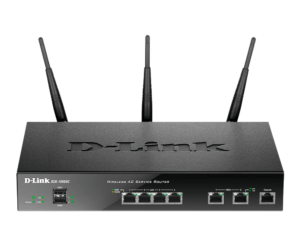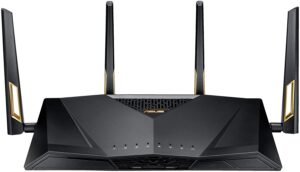Both access points and extenders are used to enhance your Wi-Fi network’s performance. But, they are not the same thing after all, and many people might get confused. So, let’s discuss about Access Point Vs Extender.
You must carefully consider what an access point and an extender offer you. Only after that should you buy one of them based on your requirements.
So, your requirements are the main factors in deciding on “access point vs extender”. As for understanding how they differ, the information given below should help you with that. Also, read to know the pros and cons that each offers.
How does an Access Point Work?
An access point lets you set up a wireless connection with your router’s wired network. So, you can create a wireless network option using it. To do that, you need to connect the access point to the router over an ethernet connection. Then, you can place the access point in the location where you want to receive your router’s network.
How does a Range Extender Work?
The range extender, as the name suggests, extends your Wi-Fi network. It does that by re-broadcasting your router’s signal. So, you need to install it in a way that it receives a strong signal from your router. It will then provide the signal up to a certain range surrounding its location. Unlike an access point, a range extender connects to your router over a wireless connection.
Access Point Vs Extender: How are they Different?
As we have seen, there is a difference between how a range extender and an access point work. But, there are many more points of difference between them other than their operation. And, that includes the following main differences among others:
Purpose
Do you want a way to connect Wi-Fi devices to a wired router network? If yes, you need to set up an access point for your router. On the other hand, the main purpose of an extender is to expand your router’s network. However, both of them can help you expand your Wi-Fi signals.
Range
There can be a significant difference in the range of access points and extenders depending on the model. Access points usually have a significantly bigger range than range extenders. But, the latest access point models are catching up with extenders in this aspect.
Power Usage
Power consumption is an important factor that many people want to consider. As mentioned before, an access point connects to your router over a wired connection. So, it relies on the cable for power as well as signals.
On the other hand, you only need to connect the extender to power. It receives signals wirelessly from your router, as we have seen. So, an access point has more power consumption than an extender.
Costs
The cost of setting up and using an access point and an extender differ. The former is usually more expensive to set up than the latter. After all, access points use wires, and extenders do not.
Benefits and Drawbacks of an Access Point
Are you thinking of going for an access point? If yes, you must go through its advantages and Disadvantages before that.
Pros
There are many significant advantages of using an access point. The following are some of the most crucial ones you must consider:
Allows a Large Number of Connected Devices
Depending on the product you are using, an access point can support a hundred users or more. And, that makes it a perfect choice for use in offices. If there are too many users connecting to your Wi-Fi, you need an access point.
Wide Coverage
As we have seen, an access point covers a larger area than an extender. It can cover up to a hundred meters or more to give you an idea.
Supports Larger Variety of Devices
Your router might not support all types of wireless devices that try to connect to it. But, most access points have wider device support than routers.
Cons
There are significant disadvantages that you face in access points. Here are the main cons they pose to users:
Costly
One access point might not be sufficient for large workplaces. And, that increases the cost of using them, which is already more than that of extenders.
Cannot Connect to Routers by Itself
Access points need an internet hub or a controller to connect to your router. And that, increases their usage costs further.
Benefits and Drawbacks of Range Extenders
Range extenders have several advantages and disadvantages. Considering them can help you determine whether you must set up a range extender.
Pros
Like an access point – a range extender has many advantages as well. But, the following are the most important ones among them:
Stronger Wi-Fi Signal
Range extenders can significantly increase your Wi-Fi networks range. They are a perfect option if you only want to expand your network over a small area.
Easy Setup
The setup process in extenders might differ based on the model. Regardless, they usually are very easy to set up.
Cost-effective
You do not need extra equipment to set up a wireless extender. All you need to do is configure it as per your requirements.
Cons
Range extenders have some drawbacks that you must consider before buying them. Here are some of the most crucial ones among them:
Security Issues
Range extenders are more vulnerable to cyber attacks than routers are. So, that might increase the risk that your extended network has to deal with.
Wireless Interference
Wireless interference is quite a common issue in Wi-Fi networks. And, since extenders use wireless networks, you might face this issue while using them.
Which One Should You Use?
Access points are a better choice if you want to connect many devices to your Wi-Fi. Also, they are a perfect choice for large rooms. But, as we have seen, they have some cons as well. An access point might be sufficient if fewer devices and a smaller area to cover. So, take hold of all the points and decide.







